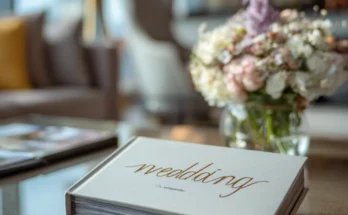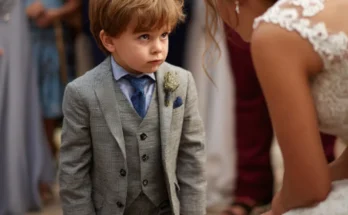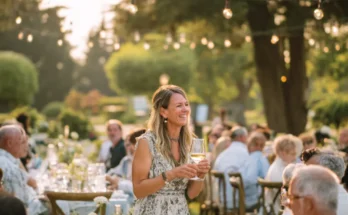I married Aron at twenty-three with a small ring and a big promise. His parents never liked that I couldn’t give them the grandchildren they pictured for holiday photos. After another failed round of tests, his mother took Aron aside. “You’ll waste your life,” she told him, as if I were a stain that wouldn’t wash out. A week later he packed quietly, saying he needed “space.” I heard the echo of other people’s wishes in his voice. The door clicked; the marriage ended.
Grief hollowed me, but hollows can hold seeds. I moved across town, took extra shifts at the clinic, and began spending evenings at a community center tutoring kids who slipped through the cracks—foster siblings, shy newcomers, one boy who never took his backpack off. I learned to celebrate tiny miracles: a completed homework sheet, a laugh where silence used to be. When the center lost funding, I organized bake sales, petitions, and a city-council speech my hands trembled through. We kept the lights on. The kids called me “Ms. Lila,” then sometimes “Mom” by accident. I never corrected them quickly.
Two years passed. I met Noor, a patient school counselor with kind eyes who waited for my yes. We married in the courtyard behind the center with paper flowers made by sticky hands. We didn’t chase biology; we built breakfast routines, chore charts, bedtime stories that ended with, “You are wanted.” Adoption followed, then guardianship of the backpack boy when his caseworker asked if there was anyone steady in his life. There was.
One Saturday, I stood at the center’s ribbon-cutting. We’d expanded: a library nook, a kitchen, a music room. I was giving a short speech—about how family is something you make on purpose—when I spotted them at the edge of the crowd. Aron’s parents. Aron beside them, older, uncertain.
They looked shocked: at the children flanking me, at Noor holding our toddler, at my name on the plaque: LILA MARIN YOUTH HOUSE—FOUNDED BY COMMUNITY, LED BY LOVE. I felt a tremor of the old ache and then, mercifully, nothing but steadiness.
Afterward, his mother approached, voice small. “We… didn’t know it could be like this.”
“It always could,” I said, and nodded toward the kids. “You were just looking in the wrong place.”


